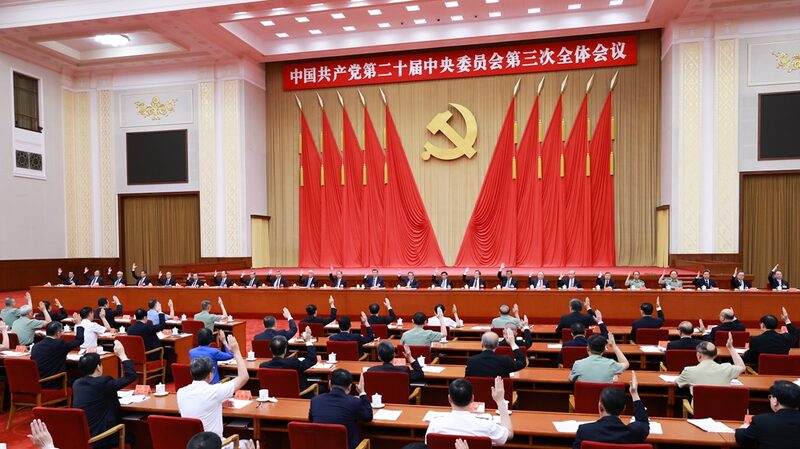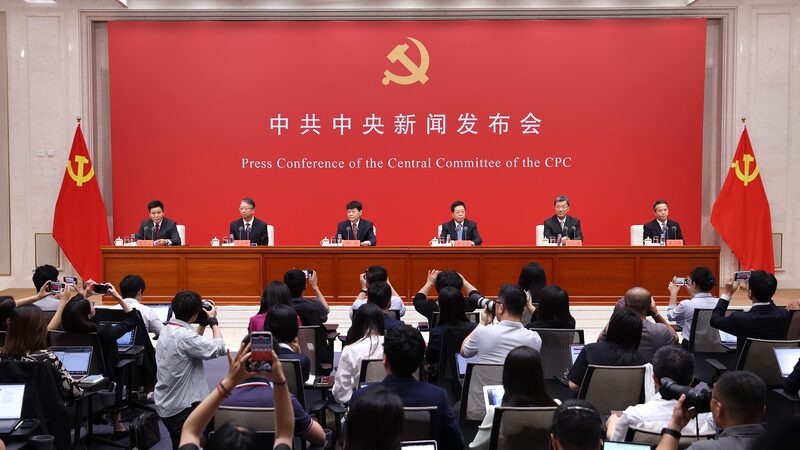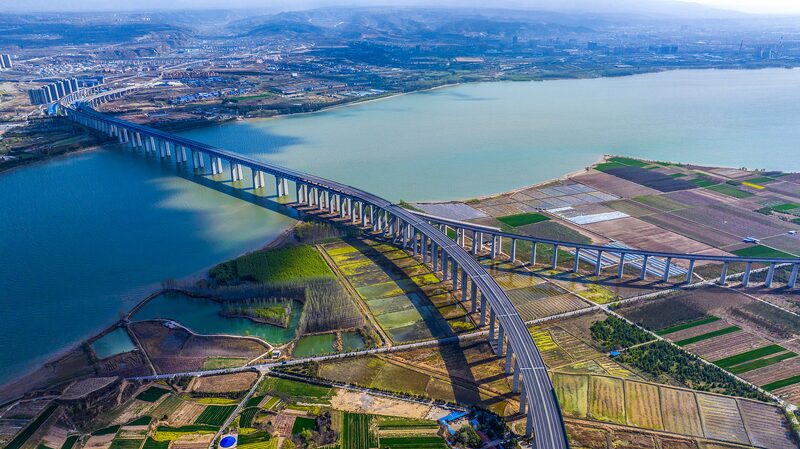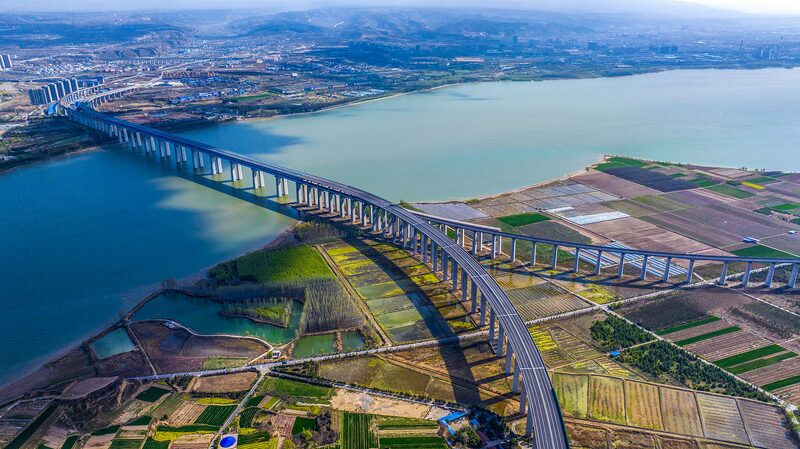The Communist Party of China (CPC) leadership has emphasized the crucial need to strengthen Party discipline, urging senior leaders to exemplify adherence to Party rules and regulations. In a meeting held from Thursday to Friday, Xi Jinping, general secretary of the CPC Central Committee, delivered an important speech while chairing a session of criticism and self-criticism within the Political Bureau of the CPC Central Committee.
Members of the Political Bureau conducted candid discussions, focusing on consolidating and deepening the achievements of a Party-wide discipline education campaign that ran from April to July. The meeting addressed pivotal issues, including upholding the authority of the Party Central Committee and its centralized and unified leadership, wholeheartedly serving the people, effectively implementing the Central Committee’s decisions and plans, rigorously studying Party discipline, and exercising strict self-supervision and self-governance.
Xi Jinping provided comments on each member’s speech, affirming that the meeting was successful in fostering unity and enhancing the effectiveness of the Political Bureau’s work. He commended the discipline education campaign for yielding significant results, noting that it had heightened Party members’ and officials’ awareness of discipline, rules, integrity, and self-discipline, while also strengthening their sense of responsibility.
Reference(s):
CPC leadership meeting focuses on strengthening Party discipline
cgtn.com







